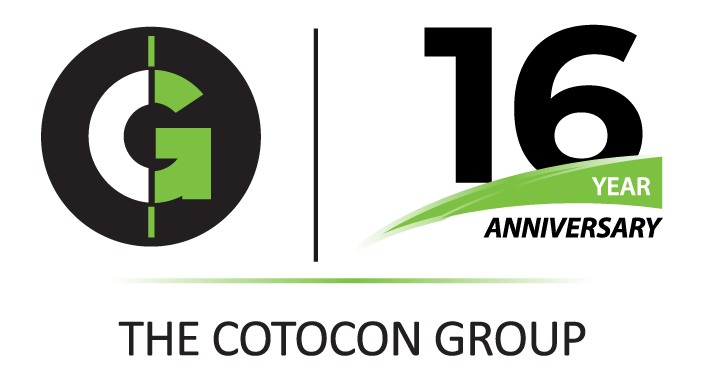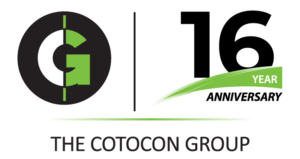NYC Local Law 84 Benchmarking: A Key Step Toward LL97 Compliance in 2025
New York City continues to lead the fight against climate change through stringent local laws focused on building performance. Among these, Local Law 84 (LL84) and Local Law 97 (LL97) play crucial roles. As of 2025, compliance with LL84 benchmarking is not just a standalone requirement but an essential step for meeting LL97’s carbon emission targets.
This article breaks down the updated LL84 requirements, explains how they align with LL97 goals, and highlights best practices for building owners to ensure full compliance.
Understanding NYC Local Law 84
Originally enacted in 2009 as part of the Greener, Greater Buildings Plan, LL84 requires annual benchmarking of energy and water use for large buildings in NYC. As of 2025, this applies to buildings over 25,000 square feet, or lots with combined floor areas exceeding this threshold.
Key Requirements for 2025
- Deadline: May 1, 2025, for reporting 2024 usage data. A grace period runs until June 30, 2025.
- Extension Option: Buildings filing for LL97 emissions reporting extensions by August 29, 2025, can also delay their NYC LL84 report submission until December 31, 2025.
- RDP Certification: All benchmarking submissions in 2025 must be certified by a Registered Design Professional (RDP), such as a licensed architect or engineer.
Penalties
- $500 per missed quarter, up to a maximum of $2,000 per year for non-compliance.
Why LL84 Benchmarking Matters
1. Establishes Your Emissions Baseline
Benchmarking reveals a building’s annual energy consumption, forming the baseline used to calculate emissions under Local Law 97. This helps building owners understand how much reduction is required to stay within LL97 limits.
2. Identifies Efficiency Opportunities
Local Law 84 helps uncover inefficiencies in water and energy usage, allowing property managers to take proactive steps—such as equipment upgrades or operational changes—to improve building performance.
3. Enhances Transparency
Benchmarking data is made publicly available, supporting transparency and enabling tenants and buyers to assess a building’s environmental performance.
4. Mandatory for Local Law 97 Compliance
Failing to comply with LL84 may jeopardize your building’s standing under LL97, as both laws are interconnected. LL84 data directly feeds into LL97 emissions calculations.
What’s New for 2025?
NYC has introduced several updates that building owners must follow:
- Mandatory RDP Certification: Certification by a design professional is now required for all LL84 and LL97 filings.
- BEAM Portal Use: Reports must be submitted through NYC’s online BEAM portal.
- ENERGY STAR Portfolio Manager Sharing: Properties must share data with NYC via ENERGY STAR Portfolio Manager.
Local Law 97: A Quick Recap
Local Law 97, part of NYC’s Climate Mobilization Act, mandates strict carbon emissions caps for buildings over 25,000 square feet, starting from 2024. Buildings exceeding their emissions limit will face penalties of $268 per metric ton of CO2-equivalent emissions over the cap.
2025 LL97 Reporting Details
- Reporting Deadline: May 1, 2025
- Grace Period: Until June 30, 2025
- Extension Deadline: August 29, 2025
- Final Submission (if extended): December 31, 2025
Penalties for failure to comply include late fees (up to $0.50 per square foot per month) and severe fines for misreporting.
Best Practices for LL84 and LL97 Compliance
Ensure Data Accuracy
Validate all energy and water usage data before submission. Use submetering and advanced metering tools to gather precise information.
Engage a Qualified RDP
Partner with a licensed engineer or architect early in the process to certify your data and avoid last-minute delays.
Align LL84 and LL97 Planning
Coordinate timelines and reporting efforts to avoid duplication and reduce the risk of missed deadlines.
Use Technology
Leverage building management systems (BMS) and ENERGY STAR tools to streamline data collection and analysis.
Conclusion
NYC Local Law 84 benchmarking is more than just a reporting requirement—it’s a foundational step toward achieving compliance with Local Law 97’s carbon emissions targets. With updated deadlines, certification mandates, and tighter integration with LL97, LL84 is now a critical tool in every building owner’s sustainability strategy.
Partnering with experienced sustainability consultants like The Cotocon Group can make the process smoother, ensure accuracy, and keep your building on the path to compliance and long-term energy efficiency.



